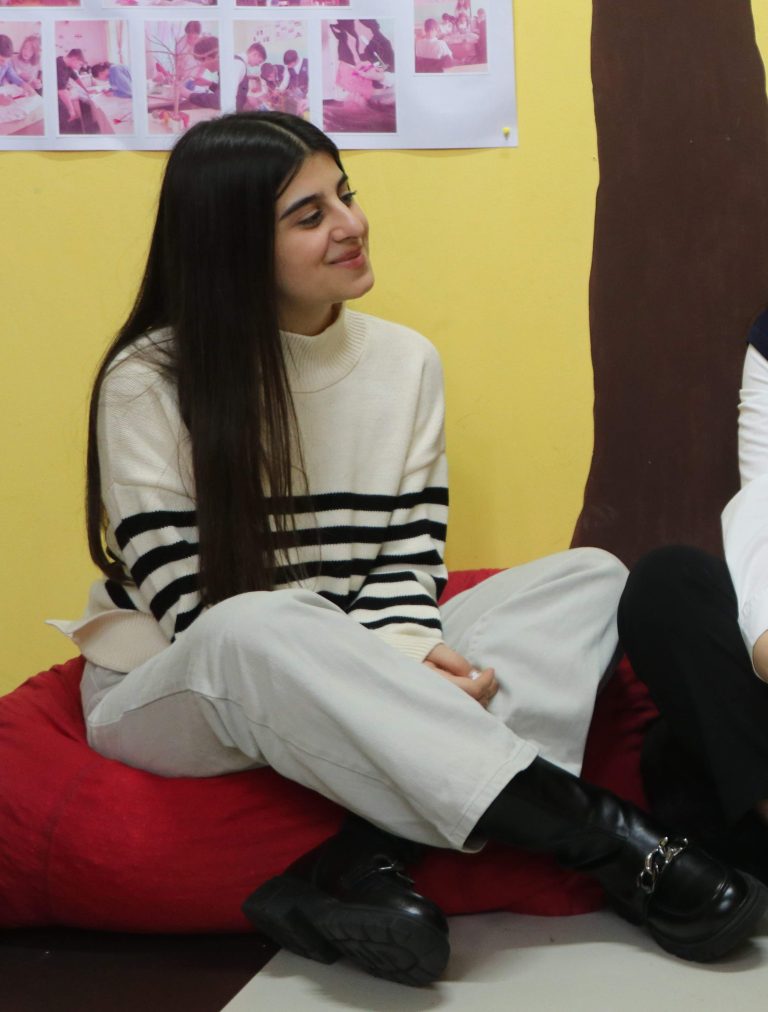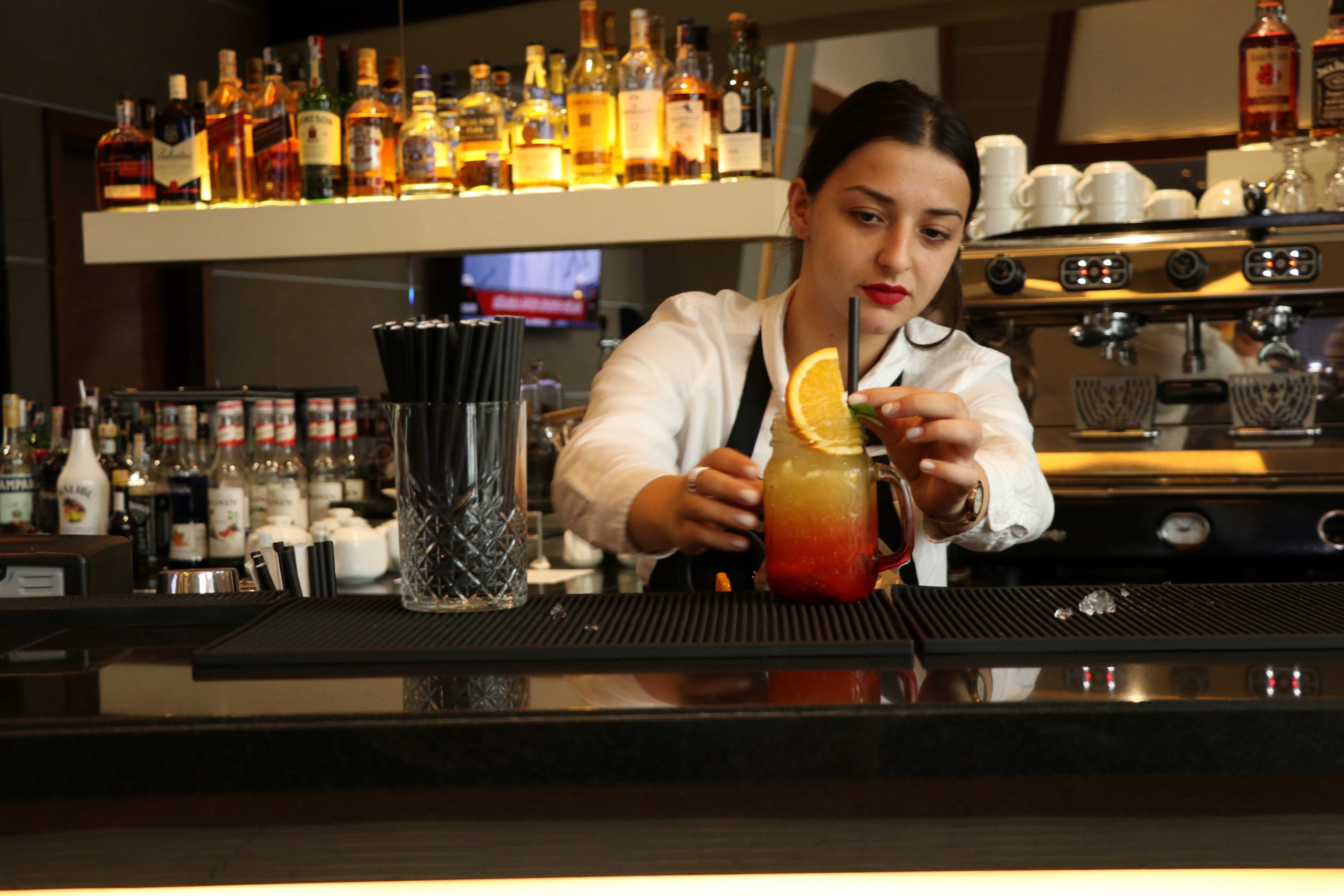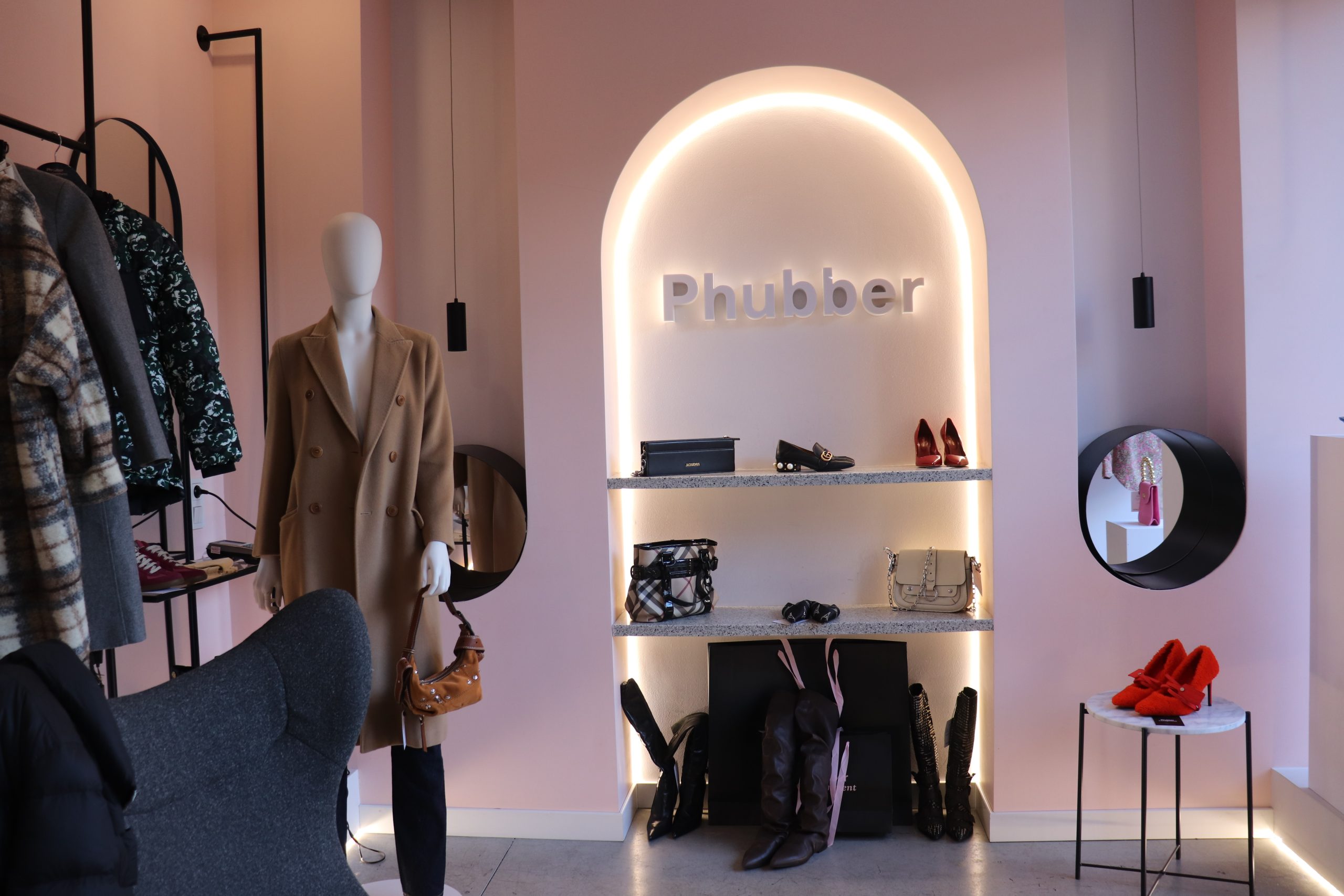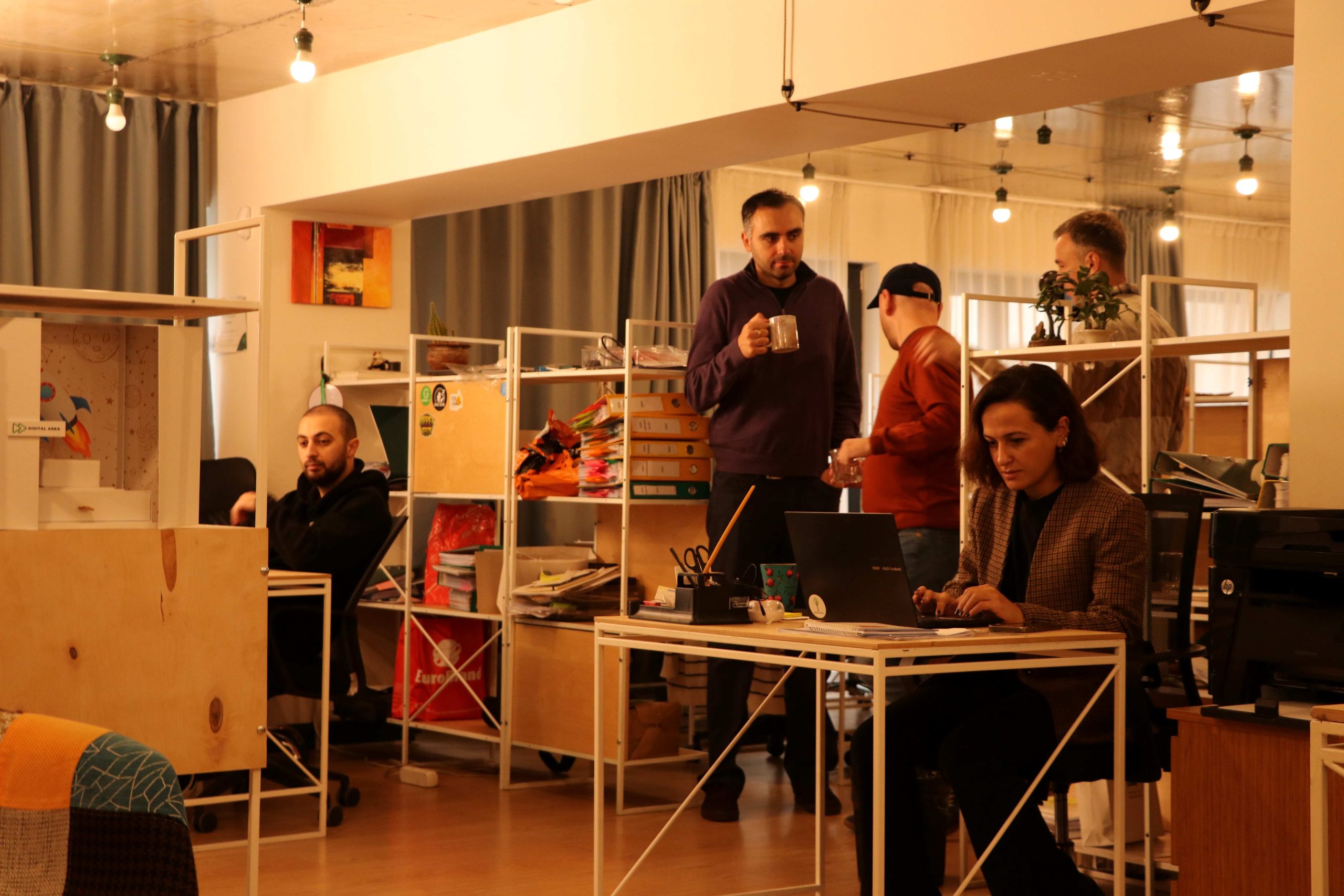"2 thousand bottles a month". Story from Georgia about schoolchildren who do not use plastic bottles
School of the future
Students of the Batumi “School of the future” decided not to use disposable plastic bottles for drinking water anymore. Almost every student has their own glass bottle.
The Eco Club of the school came forward with the initiative to reject the use of plastic objects. Many more “green” initiatives have been implemented in the school thanks to this club.
- Biodegradable napkins from Ninotsminda – How a 30-year-old woman manages a family business
- “The key to protecting the environment is behavior change.” Irao holds an eco-competition for employees
In this report, we tell you where the idea came from to replace the water bottles in the school. And more importantly — how easy it was to change the behavior of students.
School of the Future was founded in Batumi in 2012 as a private school and now has about 300 students.
How did the idea of replacing plastic bottles come about?
There are only a few hours left until Christmas, but school halls are still crowded.
There is a line of students in the hall at the water fountain. Everyone has a glass bottle in their hand. The owner’s name and surname are written on each.

One of the students tells me that they no longer buy drinking water from kiosks and just use their personal bottles.
The school administration explains that no one is officially prohibited from using plastic bottles at school. This decision was made by the students themselves.
The initiators of the changes were members of the school eco-club “Green Space”.
The club was founded by high school students three years ago, in 2020. Soon after its creation, the members of the eco-club made their first important decision.

Participants collected information about the dangers of plastic. They analyzed data that there are hundreds of millions of tons of plastic waste in the world, which also form microplastic particles.
The children estimated that more than two thousand plastic bottles were thrown away at their school alone in a month, which then ended up in the ecosystem.
They shared this information with other students, turned to the school leadership and together decided that something needed to be done.
Now this small school has several hundred pieces of reusable tableware, and each student’s bottle has their first and last name written on it. Like conspirators, none of the students brings single-use plastic bottles to school anymore.
Ecoclub and its activities
Our visit to the school coincided with another presentation by the eco-club.
The presentation takes place in a small classroom on the top floor of the three-story school. There are about 20 children in the class and two leaders.
The presentation talks about the dangers of plastic, its uncontrolled use, environmental pollution and the benefits of recycling waste.

“One plastic cup and bottle we use takes 450 years to decompose. Hundreds of thousands of discarded bottles and other plastic form plastic islands in the middle of the ocean. We have such information, we see it, but we still use plastic every day, and its amount does not decrease, but increases,” Tako Urushadze tells his classmates.
“Most of the plastic ends up in the oceans and seas. Even here, in the Black Sea, in which we swim in the summer or whence we get fish. Some of the plastic breaks down and disperses into the air and water as particles and then enters our bodies.”
The monitor shows animals wrapped in garbage nets, or plastic islands formed in the oceans, plastic objects washed ashore that will not decompose for several centuries.

Another presenter, Mariam, tries to describe in more detail how often, and sometimes just unnecessarily, we use plastic bags.
And then she talks about a way you can reduce plastic products, recycle and reuse plastic.
“I know I can change the environment” – Mariam’s experience
“I know that I can change the environment around me, and even if I can’t change it completely, I will still have an impact on this process, and I did,” says Mariam, a 12th grade student.

“Once in Batumi, in our area, the sewage system became clogged. It was full of plastic bottles and cups and other waste. Everyone threw their trash here. We thought the reason for this was that there simply weren’t enough trash cans in the area, so the people around had no other choice. We came up with the idea to solve the problem. Some of us went to the mayor’s office and wrote a statement. After some time they put out boxes for us.”
Marie considers it a personal victory and says the situation in her area has changed.
This year she graduates from school and will go to university. The club is worried about losing her.
She is one of those who has taken part in the activities of the club since its founding:
“I’m finishing school, but our club already has a lot of members and we have a lot of plans, so I will cheer for you from a distance and continue to share this experience elsewhere,” says Marie.
“Children should have the feeling that it depends on them what kind of environment we have”
“The first task is to make children feel that it depends on them what kind of living environment we have,” Lamzira Zoidze, a biology and natural science teacher at the Batumi School of the Future, tells us.
She tries to talk with students about their personal responsibilities.

“The idea of creating a club came to me after the end of the coronavirus epidemic. After years of distance learning, I believe that non-formal education is the most effective way to increase children’s concern for the environment. I heard that the CENN organization was announcing a competition for eco-oriented schools, and we joined this process,” recalls the head of the eco-club.
She says they first started working in classrooms. The students were taught what ecology and biodiversity are. The children prepared presentations on air and water pollution, talked about the dangers of plastic pollution and gradually involved the whole school in green activities and awareness campaigns.

In the competition of the CENN organization, in which many eco-clubs throughout Georgia took part, they reached the finals. They are especially proud of this fact and hung their a certificate on the central wall of the school.
Members of the Batumi School of the Future carry out various kinds of actions — clean Batumi beaches, plant trees, and conduct seminars.
“These activities will definitely be imprinted on the child’s mind. Since he himself is involved in the process, he understands the problem differently and gets used to taking concrete steps to solve it. First of all, responsibility is formed. The child disseminates this information in the family, practically becoming an ambassador of the school in his microsociety. Maybe it doesn’t work so perfectly in all cases, but in the long run there will definitely be results,” Lamzira Zoidze says.
Students of the Batumi School of the Future have already mastered the basics of the circular economy and are trying to give new life to old things.
The students believe that they will be able to fight to preserve the environment of Batumi, even if not on a large scale.
School of the future
The story was created within the project “Empowering People for Circular Solutions in Georgia”, undertaken by CENN with the support of the USAID’s Economic Security Program.





















